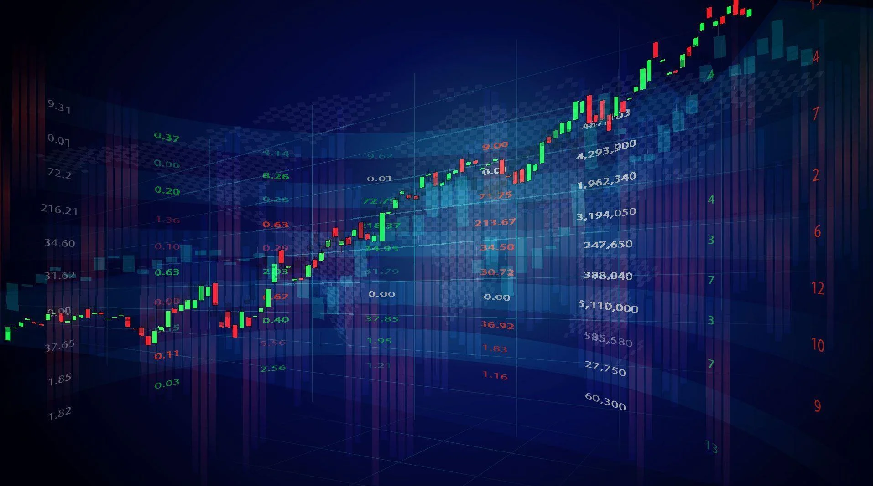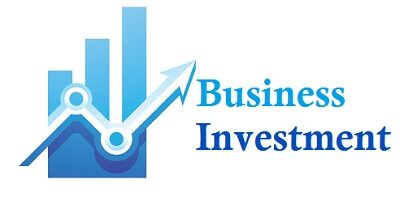
Global vs. Regional Indices: Emerging Markets, Developed Markets
In the dynamic world of financial markets, investors often grapple with where to allocate their resources. Understanding the differences between global and regional indices, especially in emerging and developed markets, is crucial for making informed investment decisions. In this blog, we’ll delve into the nuances of global and regional indices trading in SA and explore the distinctions between emerging and developed markets. Additionally, we’ll discuss key investing considerations and how to trade top market indices from an indices trading platform.
Overview of Global Indices
Global indices provide investors with a snapshot of the overall health and performance of the world’s financial markets. They encompass a diverse range of assets and regions, offering a comprehensive view of the global economy. Some renowned global indices include the MSCI World Index and the FTSE All-World Index. These indices are highly liquid and are often used by investors seeking broad exposure to international markets.
Overview of Regional Indices
Regional indices, on the other hand, offer a more specialised view of a specific geographic area or country. South Africa, for instance, has its benchmark index, the Johannesburg Stock Exchange (JSE) All Share Index. Investing in regional indices can appeal to those who wish to concentrate on a particular area, gaining deeper insights into its economic performance and trends.
South Africa’s JSE All Share Index serves as an excellent example. In a wide array of sectors and industries, it provides investors with a microcosm of the South African economy. The index includes companies from various sectors, such as mining, banking, retail, and technology. By investing in this regional index, one can capitalise on South Africa’s growth potential while mitigating some of the risks associated with a global approach.
Emerging Markets vs. Developed Markets
Emerging and developed markets represent two distinct categories within global and regional indices. Emerging markets, typically in regions with rapidly expanding economies, are characterised by higher growth potential and associated risks. Developed markets, such as the United States and Western European countries, offer more stability but may grow slower.
Investors looking for opportunities in emerging markets may consider online indices trading like the MSCI Emerging Markets Index. These indices comprise stocks from countries with emerging economies, such as Brazil, China, and India. In contrast, developed markets are represented by indices like the S&P 500, tracking companies from highly developed countries.
Regional Indices and Developed Markets
Regional indices serve as gateways to developed markets, offering investors an avenue to tap into well-established economies. South Africa, while categorised as an emerging market, provides a prime example of this. Its Johannesburg Stock Exchange (JSE) All Share Index encompasses diverse sectors and industries, offering a unique blend of growth potential and stability. By investing in regional indices like the JSE All Share, investors can benefit from the vibrancy of a specific region while enjoying access to the mature, developed markets it connects to. This dual advantage makes regional indices a comprehensive means of diversifying their investment portfolios.
Investing Considerations
When considering whether to invest in global, regional, emerging, or developed market indices, several factors come into play. It’s essential to assess your risk tolerance, investment horizon, and objectives. Emerging markets may offer higher growth potential but come with increased volatility. On the other hand, developed markets provide more stability but may offer slower returns. Diversification is vital, as a balanced portfolio can help mitigate risk and capture opportunities from both global and regional indices.
Furthermore, keeping abreast of geopolitical events and economic trends is essential. Developments in emerging markets can significantly impact your investments. For example, changes in trade policies, currency fluctuations, and political stability can all affect the performance of your portfolio.
Trade Top Market Indices From an Indices Trading Platfrom
Trading global and regional indices has become more accessible than ever with the advent of an online trading brokerage platform. Platforms like Banxso offer a range of financial instruments, including contracts for difference (CFDs) and exchange-traded funds (ETFs), which allow investors to gain exposure to various market indices without owning the underlying assets.
Before trading, it’s crucial to conduct thorough research, understand the costs and fees associated with the platform, and develop a well-thought-out trading strategy. Risk management is paramount, and many indices trading platforms offer tools to help you mitigate potential losses.


